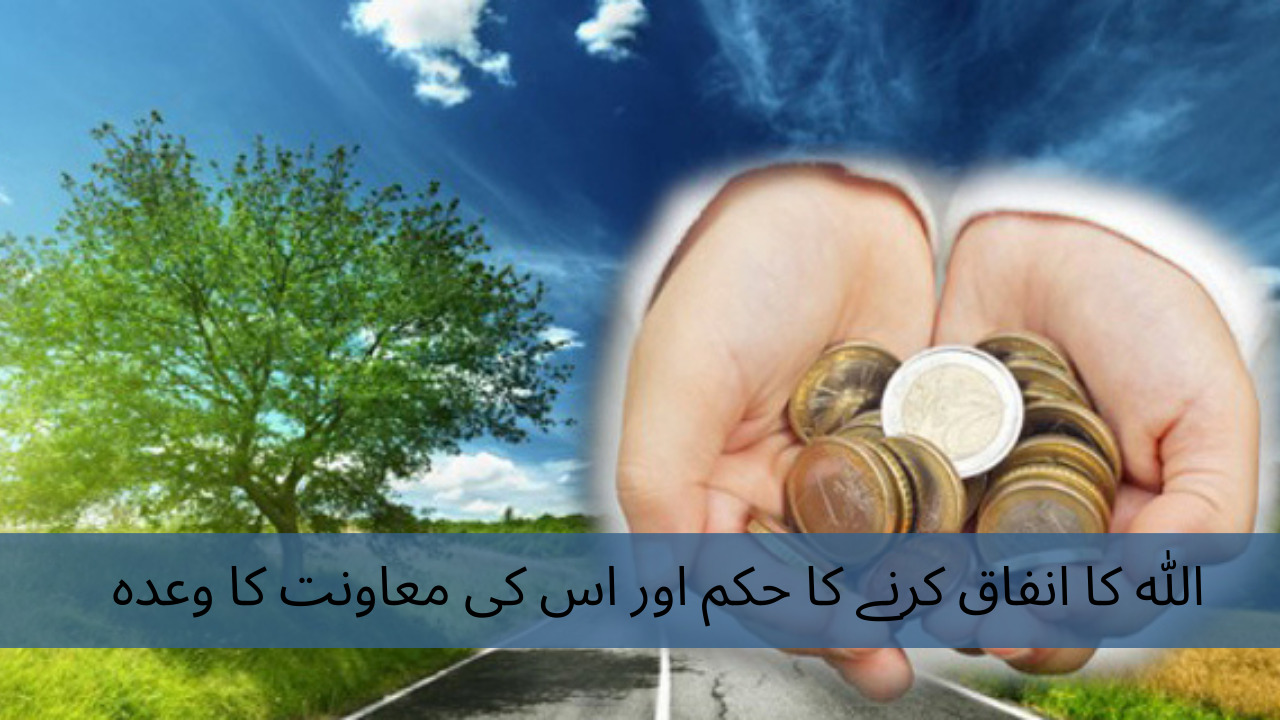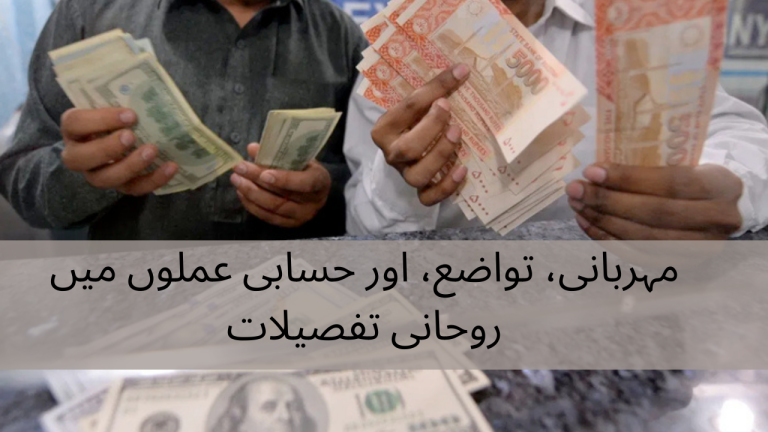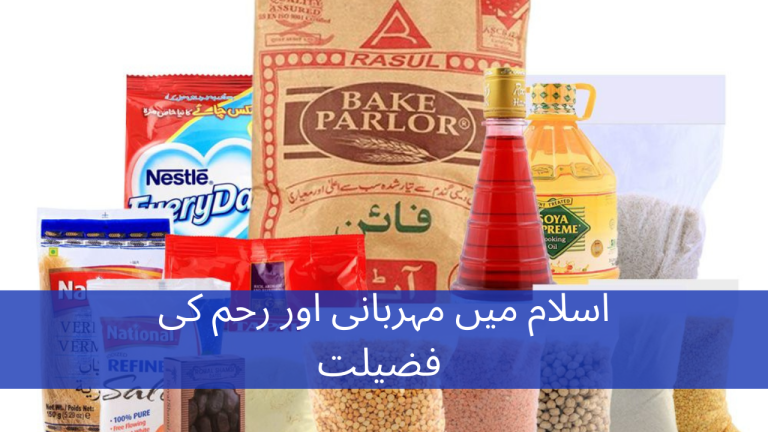Hadith of Allah Command to Spend and His Promise of Reciprocity

Hadith of Allah Command to Spend and His Promise of Reciprocity
” قَالَ اللَّهُ: أَنْفِقْ يَا ابْنَ آدَمَ، أُنْفِقْ عَلَيْكَ “.
About This Hadees In Arabi Urdu And English
This Hadith is a saying of the Prophet Muhammad (peace be upon him) narrated by Abu Huraira (may Allah be pleased with him). It conveys an important message about spending and generosity. Here is an explanation of this Hadith in Arabic, Urdu, and Englis
In Arabic (العربية)
عَنْ أَبِي هُرَيْرَةَ رَضِيَ اللَّهُ عَنْهُ، أَنَّ رَسُولَ اللَّهِ صَلَّى اللَّهُ عَلَيْهِ وَسَلَّمَ قَالَ: قَالَ اللَّهُ: أَنْفِقْ يَا ابْنَ آدَمَ، أُنْفِقْ عَلَيْكَ.
In Urdu (اردو)
حضرت ابو ہریرہ (رضی اللہ تعالیٰ عنہ) سے روایت ہے کہ پیغمبرِ اکرم (صلى الله عليه وسلم) نے فرمایا: “الله تعالیٰ نے فرمایا: “بیٹے آدم! خرچ کر، میں تیرے لئے خرچ کروں گا.
In English
Narrated by Abu Huraira (may Allah be pleased with him): The Prophet Muhammad (peace be upon him) said: “Allah Almighty says, ‘O son of Adam, spend, and I shall spend on you.'”
Explanation
This Hadith carries a profound message about generosity, spending, and the blessings of charity. It is a divine reminder from Allah to humanity that encourages acts of charity and benevolence.
Divine Command
- The Hadith begins with the Prophet Muhammad (peace be upon him) relaying a message from Allah. Allah is instructing humanity, addressing them as “O son of Adam,” which encompasses all of mankind. It is a direct command from the Creator to His creation.
Encouragement to Spend
- Allah urges people to spend their wealth in charitable endeavors. This spending includes acts of charity, helping the needy, supporting good causes, and fulfilling the rights of others. The act of giving is considered virtuous in Islam and is rewarded by Allah.
Promise of Reciprocity
- The Hadith includes a promise from Allah that if people spend for His sake and to help others, Allah, in His infinite generosity, will reward them in return. This reciprocity signifies that acts of charity are not just a loss of wealth but a means of gaining Allah’s favor and blessings.
Generosity of Allah
-
The Hadith highlights the boundless generosity of Allah. He encourages people to spend for His sake, assuring them that He will reciprocate their acts of generosity manifold.
In essence, this Hadith underscores the importance of charity and generosity in Islam. It conveys that spending in the way of Allah is an act of worship and a means of drawing closer to Him. It reminds believers of the reciprocal nature of their relationship with Allah, where their acts of goodness are met with Allah’s magnanimous rewards.
Benefits Of This Hadees
The Hadith you mentioned carries several important benefits and lessons for Muslims:
Encouragement for Charity
- This Hadith encourages Muslims to be charitable and generous with their wealth. It serves as a reminder that charity is a virtuous act highly regarded in Islam.
Divine Promise
- It highlights Allah’s promise to reward those who spend for His sake. This assurance motivates believers to give in charity with the knowledge that Allah will generously compensate them.
Acts of Worship
- The Hadith emphasizes that spending in charity is not just a worldly deed but an act of worship. It reinforces the idea that all actions in Islam, including charity, can earn spiritual rewards.
Equality and Brotherhood
- The mention of “O son of Adam” signifies that charity is a universal command for all humans, promoting a sense of equality and brotherhood among believers.
Reciprocity
- It teaches believers that their actions have consequences and that acts of charity lead to Allah’s reciprocity in the form of blessings and rewards.
Generosity of Allah
- The Hadith reflects Allah’s infinite generosity and mercy, underscoring that Allah multiplies the rewards for charitable acts.
Spiritual Growth
- It encourages believers to grow spiritually by developing a generous and compassionate character, which is a central aspect of Islamic ethics.
Support for the Needy
- By urging people to spend, the Hadith promotes support for the less fortunate in society, emphasizing the importance of social welfare and justice.
Reminder of Responsibility
- It serves as a reminder of the responsibility Muslims have towards their fellow human beings and the importance of fulfilling the rights of others.
Motivation for Good Deeds
- The Hadith motivates believers to engage in acts of goodness, both in terms of financial charity and other benevolent actions, as these are pleasing to Allah.
In summary, this Hadith encourages Muslims to be generous and charitable, highlighting the spiritual and moral benefits of giving for the sake of Allah. It reinforces the idea that charity is not merely a financial transaction but a means of drawing closer to Allah, earning His rewards, and promoting social justice and compassion in society.





